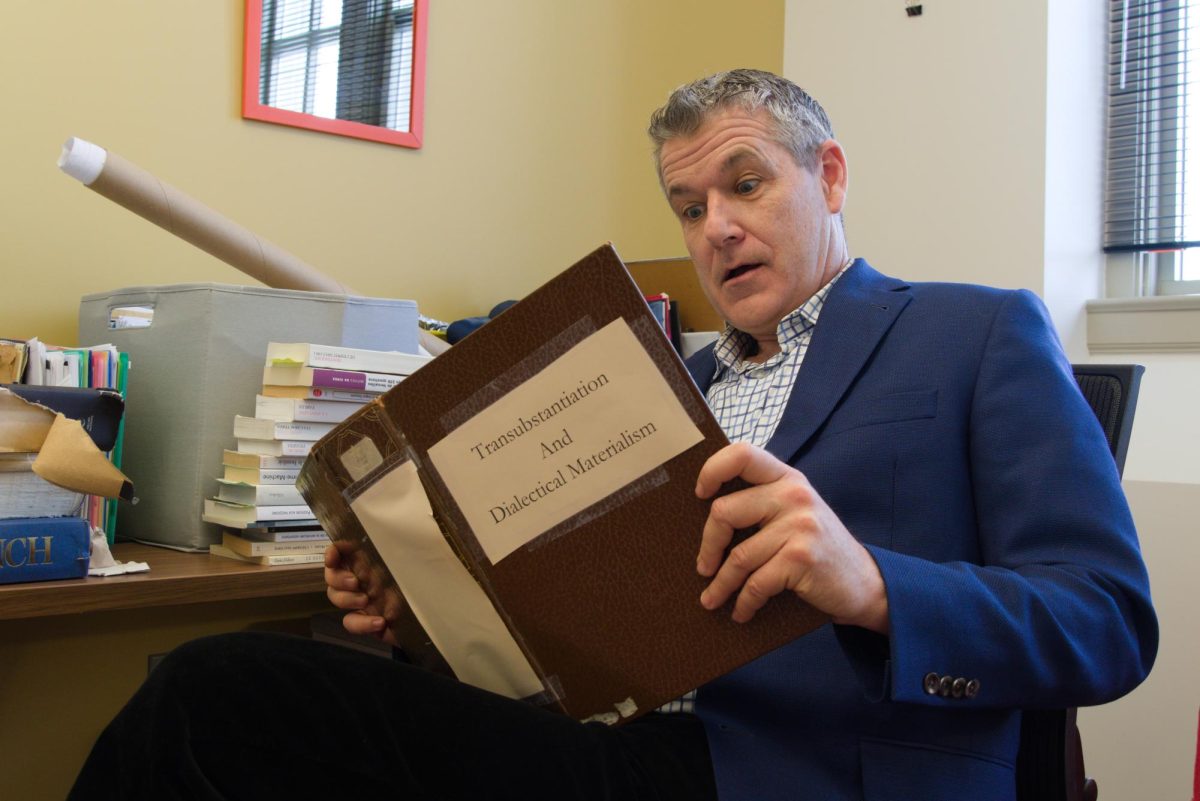Grinnell students not only “work hard” and “play hard,” but we “break hard” as well—meaning our breaks are often hard due to assignments, but that a lack of them often causes us to, well, break down. That’s why we’d like to applaud SGA for passing a proposal for the reconsideration of the academic calendar with an eye towards “pace and wellness.”
The proposal highlights the significant amount of stress experienced by Grinnell students even in comparison with students at similar institutions, citing mental health surveys that raise the issues of lack of sleep, feelings of isolation and stress not only of students, but of faculty as well. The proposal points to Grinnell’s pacing as a contributing factor to these issues. While Grinnell has the same number of days off as other institutions, they are allotted differently—we have seven or eight weeks of uninterrupted class followed by long breaks. This schedule of extremes leaves students with no small pauses to catch our breath, so that we end up completely burning ourselves out about four times a year. This absence of cool-down time is especially felt during finals, when the majority of other college students have additional reading days.
As an institution with a history of mental health concerns, it is about time that the administration started taking active steps to explore ways to alleviate the stress that is one of the root causes of these issues. According to the American College Health Association’s 2007 National College Health Assessment, 15.1 percent of Grinnell students reported feeling “so depressed it was difficult to function” 11 or more times in a year—that’s 7.7 percent more than the national average and 7.1 percent more than peer institutions. Students value Grinnell’s high standards and academic rigor and would not ask for changes to be made if we did not actually need them. But comparison with peer institutions shows that there is no reason that a challenging and strong education should have to come at the expense of mental and physical health.
We acknowledge that there may be people who will be resistant to changes in a schedule that has been in place a long time, as well as the possible concerns raised over the effects such changes could have on the amount of material covered in courses. However, when it comes to the health of its students, the College needs to rise above other institutional factors. Students do have limits, and we can’t afford the consequences of being pushed past them.


















































